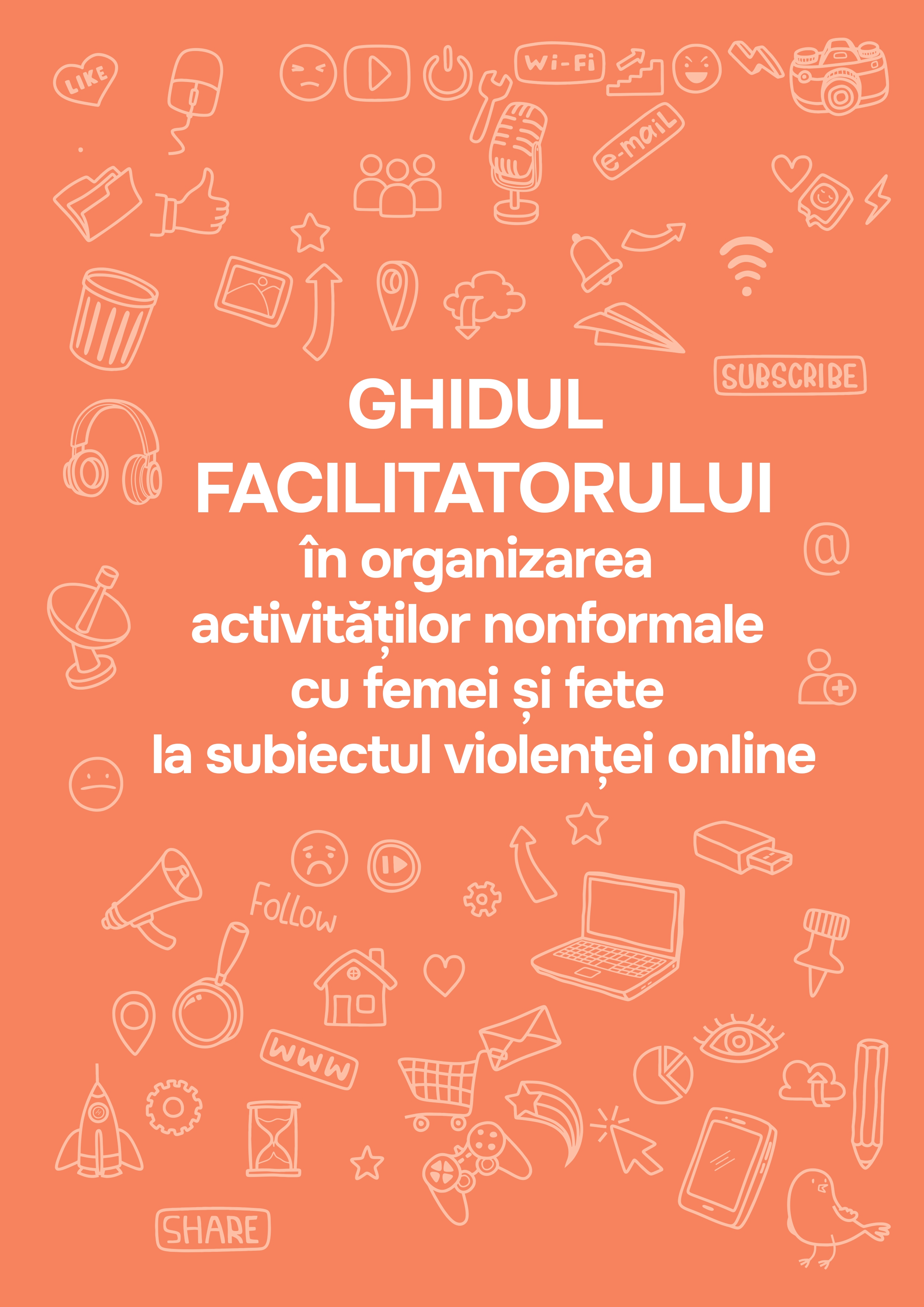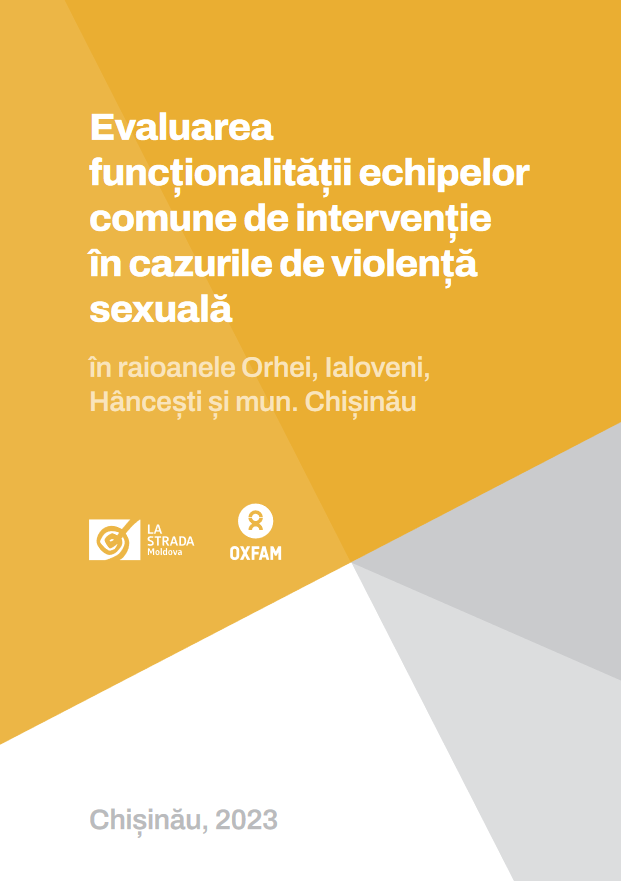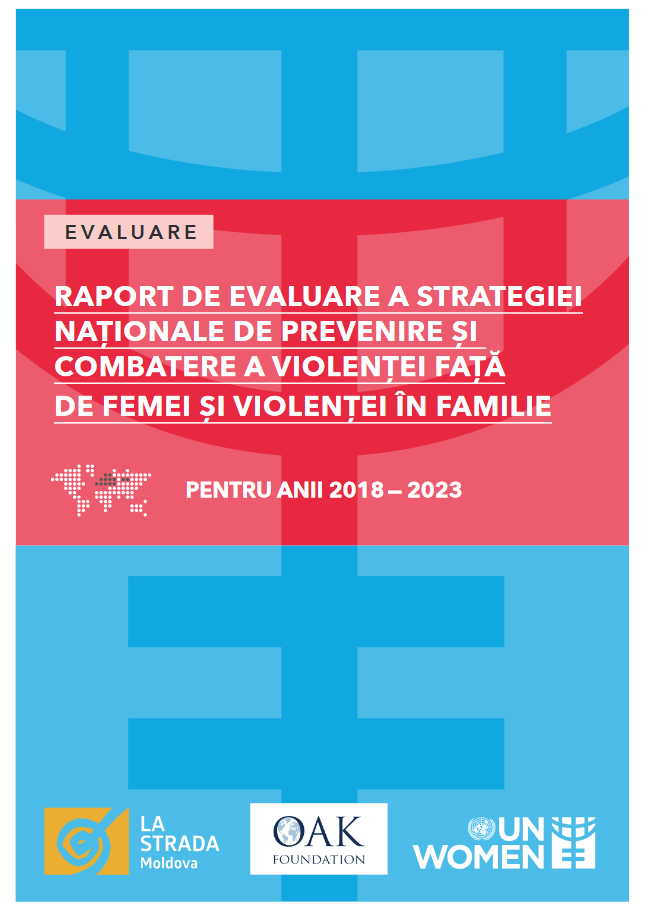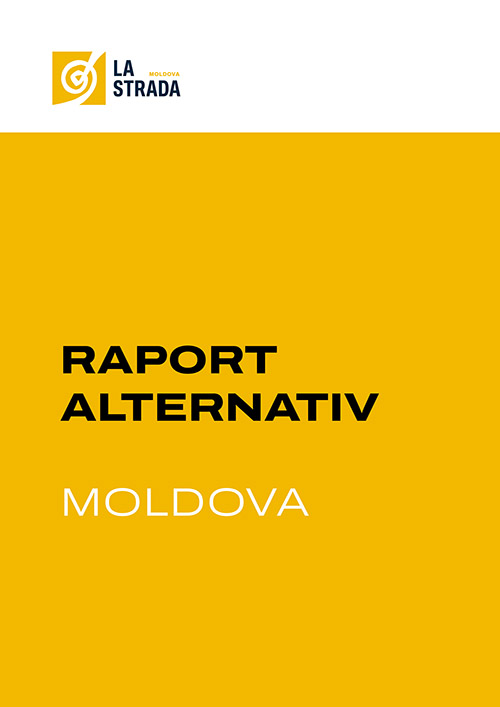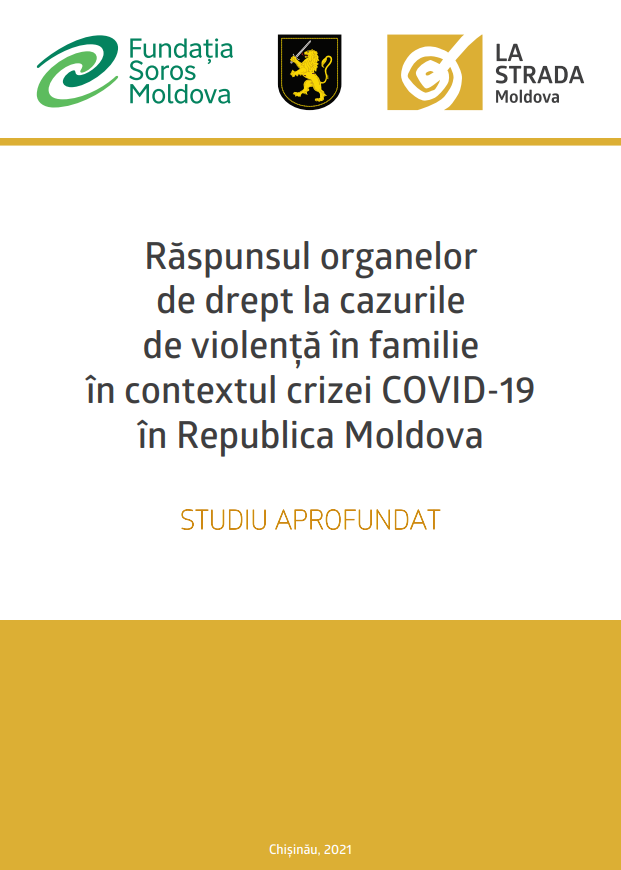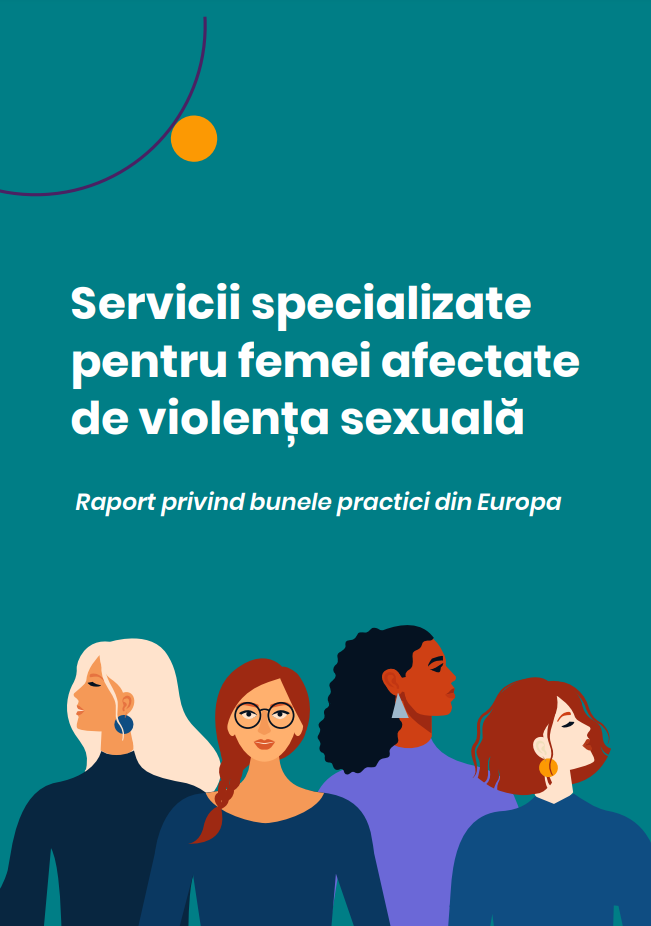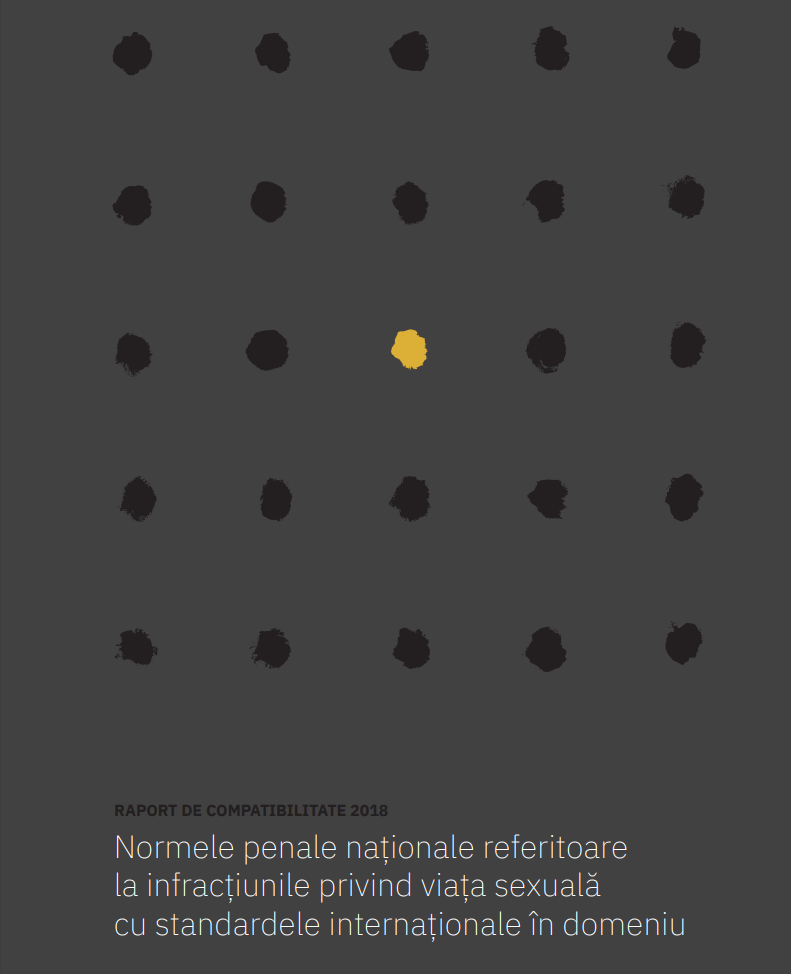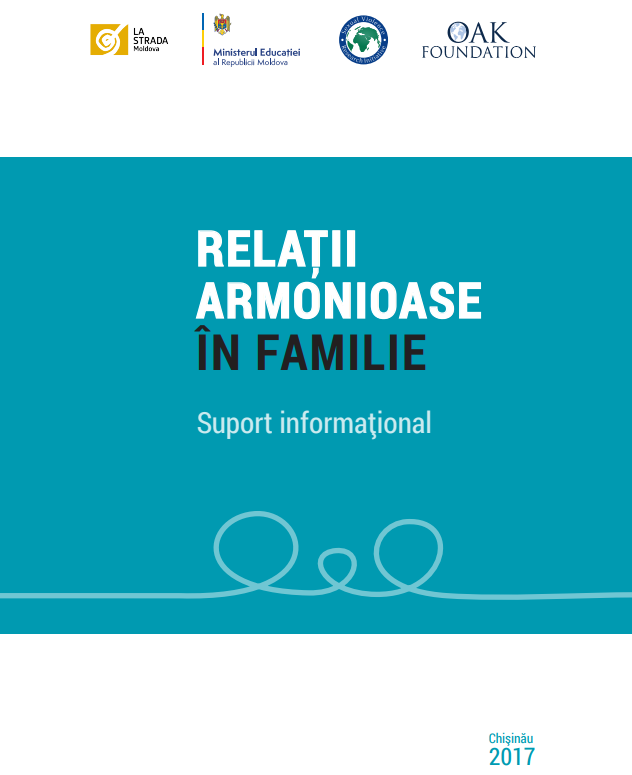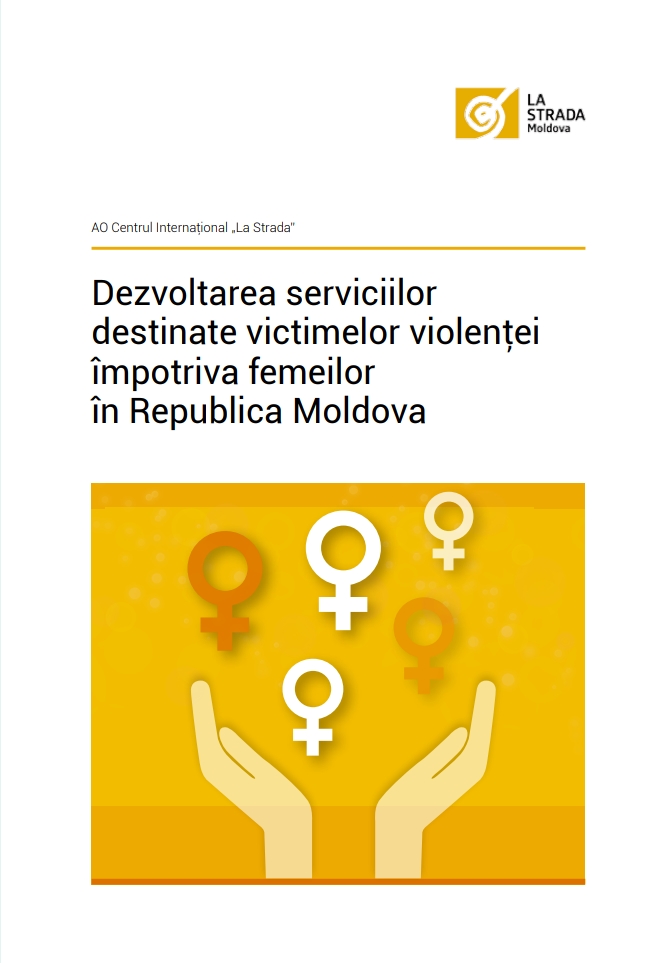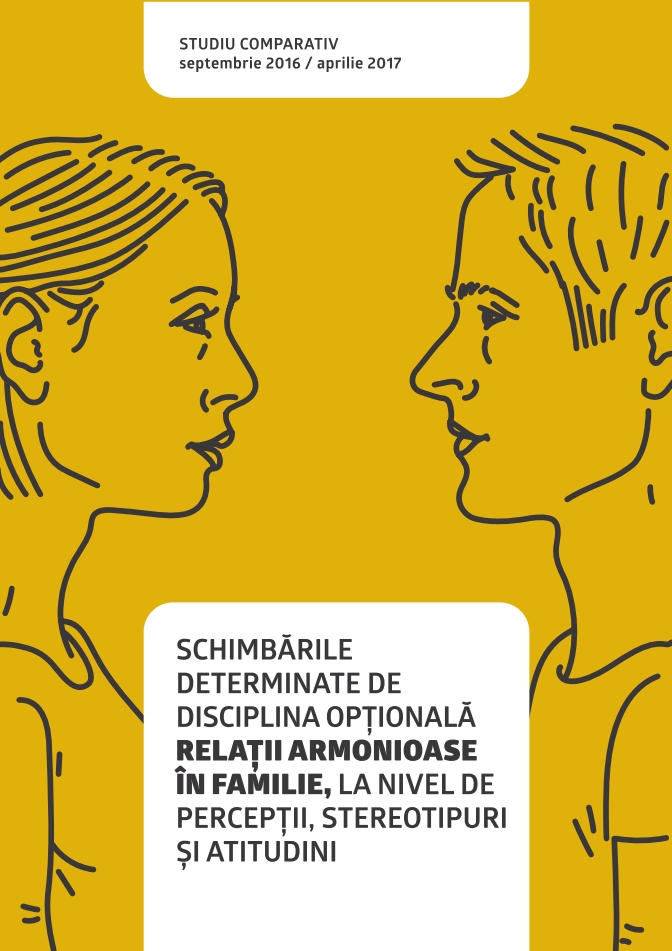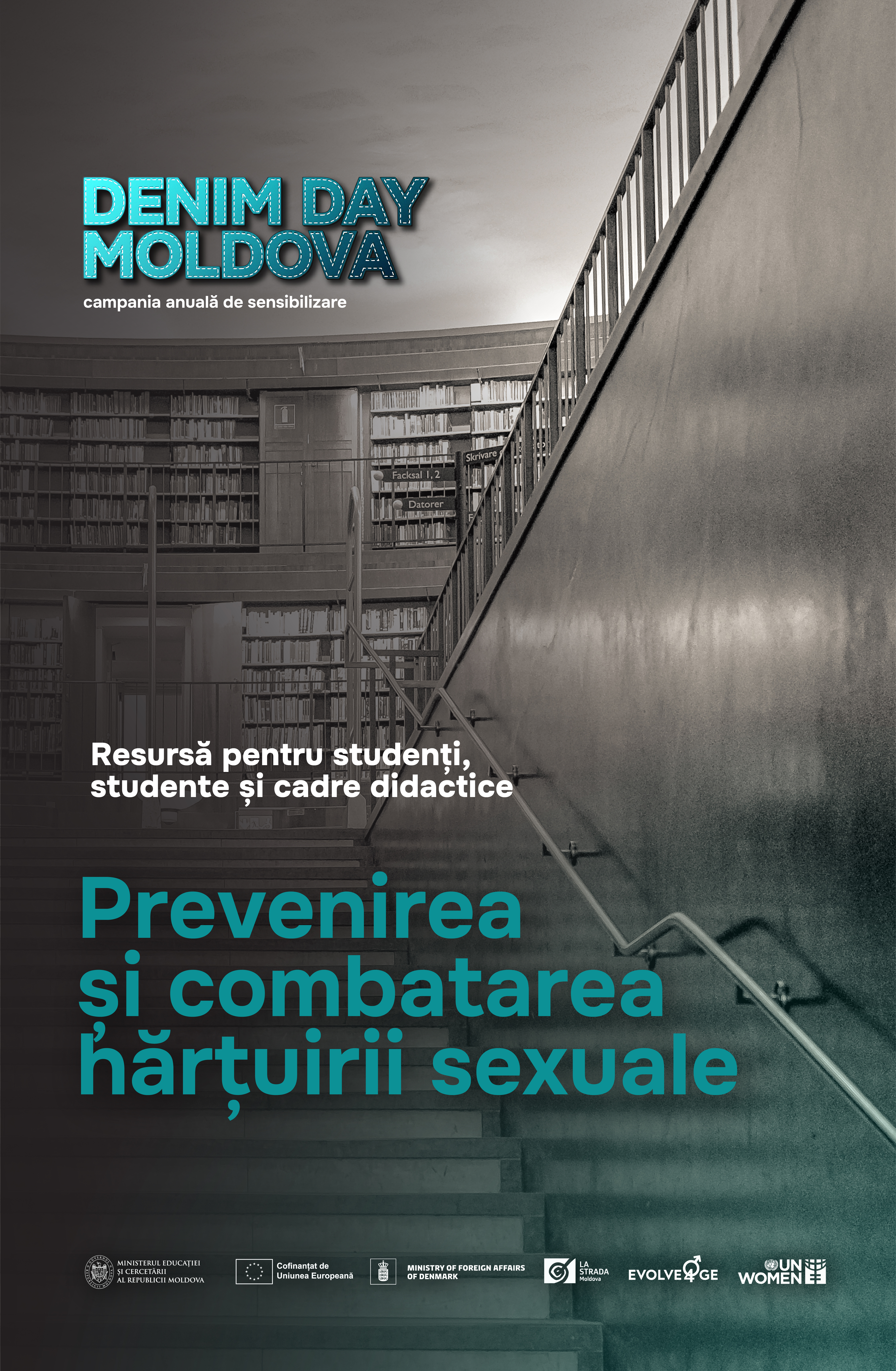Domestic and sexual violence
Statistics Trust LineThreatsSolutionsServices
Domestic violence is a complex phenomenon, generated by psychological problems and amplified by educational, economic and social conditions. Very often domestic violence is associated only with physical violence, while other forms such as psychological, economic or sexual violence are less known notions. In accordance with the Law No. 45 on preventing and combating domestic violence, domestic violence includes violent physical, sexual, psychological, spiritual or economic actions, except self-defense or defense of another person, including threatening with such actions, committed by a family member against another member of the same family, which caused financial or moral prejudice to the victim; in accordance with the Istanbul Convention, domestic violence relates to all acts of physical, sexual, psychological or economic violence that occur within the family or domestic unit, or between former or current spouses or partners, whether or not the perpetrator shares or has shared the same residence with the victim.
The data provided by the National Bureau of Statistics (the Study Violence against women in the family, 2010), is more than eloquent. Thus, 60 per cent of women reported at least one form of psychological violence, one in two women confirmed they were submitted to control with social isolation by their husbands; the prevalence of physical violence from current or the most recent husband/partner during the lifetime was reported by approximately 40 per cent of women.
Although important steps were taken to eradicate this phenomenon, including the adoption of Law no. 196, signing the Council of Europe Convention on preventing and combating violence against women and domestic violence, also known as the Istanbul Convention on February 6, 2017, signing and ratifying the CEDAW Convention, one of the first conventions signed and ratified by the Republic of Moldova, on elimination of any form of discrimination against women, and other international conventions, the Republic of Moldova is still a country where women are constantly discriminated in all the areas of life.
Since 2014, sexual violence became part of our efforts addresing the issue of violence against women. La Strada specialists constantly consult the opinion of women affected by sexual violence, question front-line specialists and judiciary, review the current legal leverages and register available services. To secure a restorative justice and the reinstatement for victims of sexual violence is still the main purpose of our lawyers and psychologists.
Our strategic goal for the next 5 years in the field of violence against women and domestic violence is to ensure that the rights of women affected by violence and women at risk are respected, protected and implemented in practice.

High level of tolerance towards gender based violence and violence against women;

Neglect of boys and men as potential victims of domestic violence;

Low access to protection and assistance services for women affected by domestic violence and sexual violence;

Perpetuation of gender stereotypes among professionals, in case of sexual violence against women;

Deficiency of legal protection mechanisms for victims of sexual violence;


